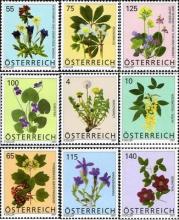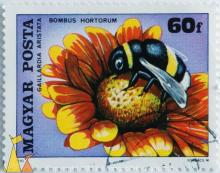Landwirtschaftsausschuss beschloss Verbot von Neonicotinoiden
Der Landwirtschaftsausschuss hat sich am Mittwoch auf ein neues Pflanzenschutzmittelgesetz zum Schutze der Bienen geeinigt. Der Initiativantrag wurde von den Abgeordneten der beiden Koalitionsparteien SPÖ und ÖVP gemeinsam mit den Grünen und dem BZÖ beschlossen und betrifft sowohl das Verbot der Neonicotinoide wie auch von Glyphosatanwendungen. Ebenso soll es künftig untersagt sein, Herbizide im Lebensmittelhandel oder ohne Beratung über Selbstbedienung anzubieten. Am kommenden Freitag soll das Gesetz im Nationalrat abgesegnet werden. Das künftige Gesetz zum Beizverbot von heimischem Getreide mit Neonicotinoiden ist zwar nicht das anvisierte Totalverbot, doch ein äußerst weitreichendes. "Wir haben 95 Prozent geschafft, an den offenen Punkten werden wir weiter arbeiten", sagte Wolfgang Pirklhuber, Landwirtschaftssprecher der Grünen. Das Verbot der Sikkation von Getreide, also dem künstlichen Trocknen, nannte er als besonders wichtigen Schritt.










